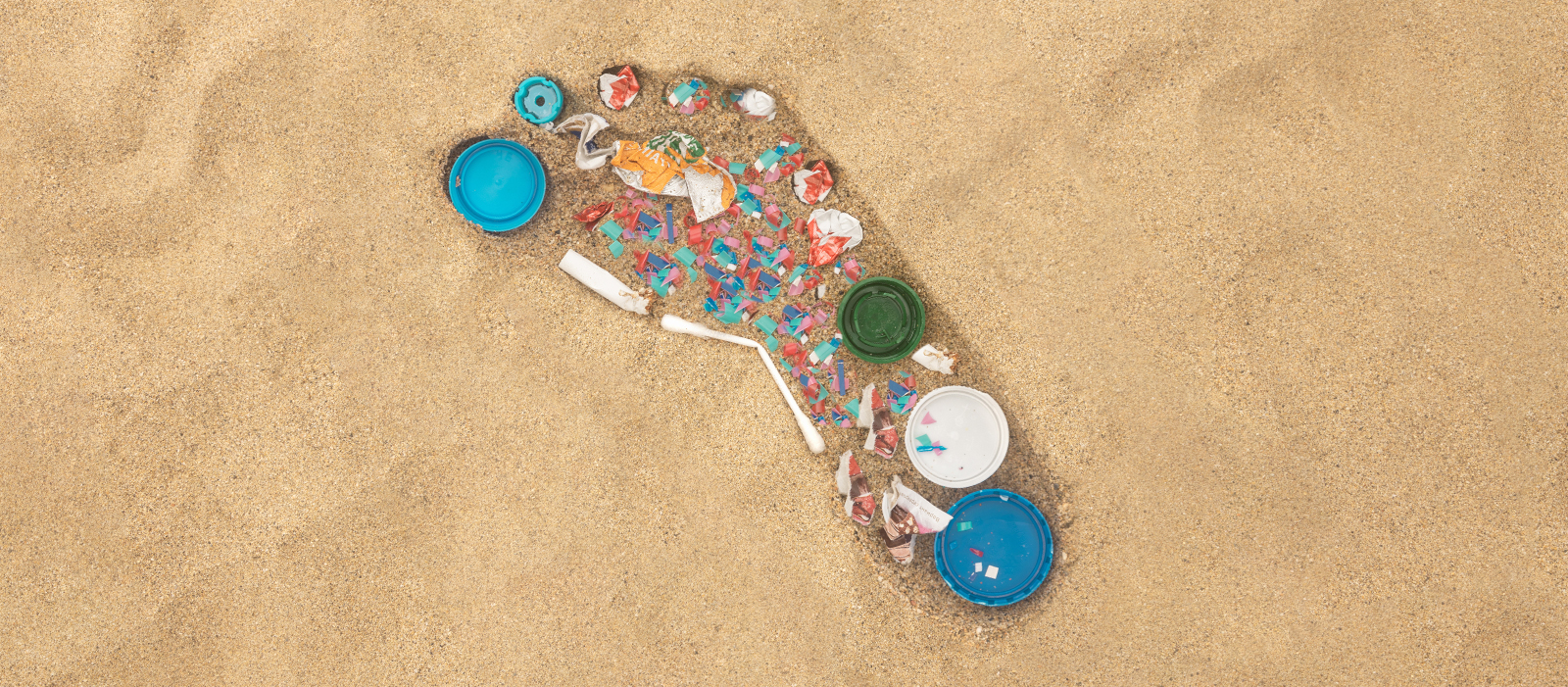
New POLYPROBLEM Report from the Röchling Foundation and Wider Sense
“We need to detach ourselves from the current offset logic and overcome our propensity to find quick and simple solutions to complex global problems. The principle of “one ton in – one ton out” does not work because the plastics problem is not just an ecological and economic issue, but also a social one.” These are the words of Nobel Peace Prize winner Prof. Muhammad Yunus in his opening essay of the new POLYPROBLEM report titled “Buy Yourself Out – The Rocky Road to Plastic Neutrality.”
Offsetting measures still play a minor role in combating the global plastic waste crisis. This is mainly due to a non-transparent market and insufficient standardization. This is the conclusion of the latest study of the non-profit Röchling Foundation and the consultancy Wider Sense.
The current report analyzes the opportunities and limitations of so-called Plastic Credits. More and more initiatives and organizations are offering such certificates for sale in order to use the proceeds to finance their activities for the collection and recycling of plastic waste – especially in developing countries.
After intensive research in close cooperation with Yunus Environment Hub, the authors of the POLYPROBLEM report arrived at a critical assessment of the situation. “There is no lack of serious initiatives with good projects,” notes Annunziata Gräfin Hoensbroech, Chairwoman of the Board of Trustees of the Röchling Foundation. “But it’s completely unclear what plastic neutrality supposedly means and presumes.”
Some organizations use the revenue from the sale of Plastic Credits to specifically fund the collection and recycling of material that has been left lying around because the recycling industry is not interested in this kind of plastic. Others invest in collection activities on bodies of water. Cooperations with local partner organizations in the Global South and local waste collectors also vary greatly.
Truth is: there are some organizations that formulate standards and award seals of approval. However, even they set different priorities. “If providers and facilitators of offset measures want to shake off the frequently heard accusations of greenwashing and mere indulgence trading, they must quickly agree on qualitative standards and uniform definitions,” notes Wider Sense Managing Director Michael Alberg-Seberich.
Plastic credits do offer potential as a mechanism of alternative financing. Companies can use this instrument to contribute quickly and unbureaucratically to the development of structures for waste and recycling management where the concept of extended producer responsibility (EPR) is not yet established. However, this presupposes that the funds do not flow into cleanup campaigns, but into building up structures and thus ensuring permanent local jobs.
All in all, the conclusion of the new POLYPROBLEM report is, that it is indeed difficult to promise neutrality that can supposedly be achieved via compensation. “We cannot compensate in Asia for an ecological damage that we have already caused by a plastic waste emission in Africa. That’s why the comparison between plastic credits and CO2 certificates, which is often mistakenly drawn, doesn’t work either,” says Uwe Amrhein of the Röchling Foundation.
The study allows numerous international experts to have their say – from small local NGOs to well-known providers, brokers and standardizers, and representatives of the consumer goods industry who have already gained experience with Plastic Credits. Compactly summarized recommendations for action help companies and private individuals to find their way.
Download or order report free of charge.
Click here to download the current POLYPROBLEM Report.
The new POLYPROBLEM Report is now also available for download at polyproblem.org and widersense.org.
Printed copies can be ordered via info@roechling-stiftung.de

